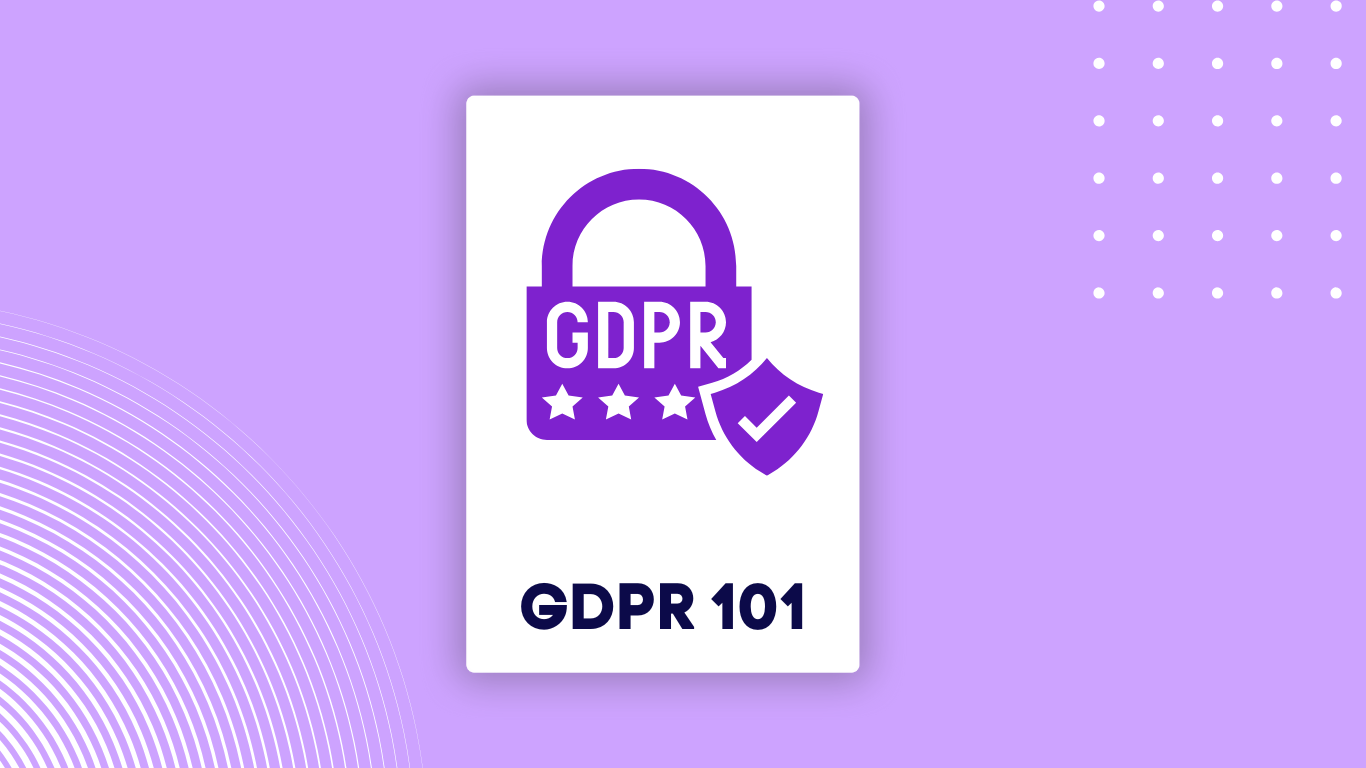In today’s data driven economy, regulatory compliance is a front line priority. As artificial intelligence (AI) rapidly integrates into enterprise operations, companies across the MENA and KSA regions face a new challenge: how to innovate responsibly while navigating stringent frameworks like the General Data Protection Regulation (GDPR). With GDPR fines reaching €1.78 billion in 2023 alone, businesses must reimagine compliance through a new lens: fast, scalable, and AI-powered.
The Cost of Non-Compliance: Why GDPR Fines Are Rising
The GDPR, with its global jurisdiction, applies to any entity processing EU citizens’ data, including those based in KSA, UAE, and across the MENA region. Non compliance is not just risky; it is costly. In 2023, TikTok was fined €345 million for violations. These penalties are not anomalies but part of an aggressive trend in GDPR enforcement actions. For startups and SMEs in the Middle East, particularly those operating across borders, the risk of data privacy violations is intensified by evolving regional laws like the KSA Personal Data Protection Law (PDPL) and the UAE’s PDPL compliance framework. The intersection of local and EU law requires robust controls and real time adaptability.
AI-Powered Compliance: A Strategic Necessity, Not a Luxury
Traditional compliance methods Manual audits, static policies, and siloed teams can not keep pace with the complexity of cross border data transfer regulations and the scale of modern digital ecosystems. Using AI compliance tools, organisations can:
- Monitor internal and third party data flows continuously
- Detect anomalies and violations before regulators do
- Automate documentation, including DPIAs and consent logs
- Adapt policies in real time based on changing regulations
In regions like Saudi Arabia, where compliance is increasingly tied to GCC data governance and national cybersecurity mandates, AI can serve as both a tactical defence and a strategic differentiator. To explore how Sahl’s technology helps companies automate privacy compliance, visit the Sahl AI x GDPR Blog
Reducing GDPR Fines Through Smart Automation
Here is how AI helps reduce GDPR fines:
- Automated Regulatory Compliance: AI ensures your processes align with EU data privacy law and regional mandates, minimizing oversight-related risks.
- Privacy Impact Assessments (PIAs) powered by AI flag risks early in development cycles.
- Data mapping and classification systems identify personal and sensitive data, preventing misuse or over retention.
- Real time monitoring and alerts help catch non-compliance before it results in a fine.
The result? A more assertive, audit ready posture that prevents breaches and builds regulator trust is vital for MENA startups operating in sensitive industries like fintech, e-commerce, and health tech.
Navigating Compliance Challenges in MENA & KSA
AI is especially valuable in the MENA region, where regulatory clarity continues to evolve. Companies must juggle:
- UAE PDPL compliance requirements alongside GDPR
- Saudi National Cybersecurity Authority standards
- MENA data localization policies that restrict offshore data transfers
This regulatory fragmentation increases risk. Enterprise compliance solutions powered by AI can integrate these frameworks, localise protocols, and support automating GDPR compliance for SMEs, many of which lack in house legal resources.
Platforms that integrate ISO 27001:2022, ISO 27701, and SOC 2 Type II principles can be solutions for compliance readiness, reducing friction while aligning to data protection regulations across jurisdictions.
If you are ready to unify AI and data governance under one innovative platform, explore
Choosing the Right Tools: Best AI Solutions for GDPR Compliance
To genuinely future proof compliance, organisations in KSA and MENA should invest in:
- AI risk assessment tools for continuous PII tracking
- Compliance dashboards that visualize real time status across departments
- Data anonymization and pseudonymisation engines
- Integration ready APIs for workflows tied to consent, breach response, and customer data requests
Preventing Data Breaches Under GDPR with AI
The GDPR mandates breach notification within 72 hours. But in practice, most organisations do not detect incidents that fast unless AI is involved.
AI can:
- Detect anomalous access patterns or shadow IT integrations
- Trigger automatic breach escalation workflows
- Use natural language processing to audit third party terms of service for undocumented subprocessors
This is critical for MENA based companies offering services to the EU or storing data in the cloud, where data breach exposure is a major driver of GDPR fines.
A Compliance Strategy Built for Scale
With rising expectations around automated regulatory compliance and increasing overlap between local laws and the GDPR, your AI strategy must be tailored to your compliance environment. It is not just about avoiding fines; it is about building trust, scaling securely, and staying competitive in an era of global regulation. Learn how you can align automation with privacy regulations Visit the Sahl Homepage



